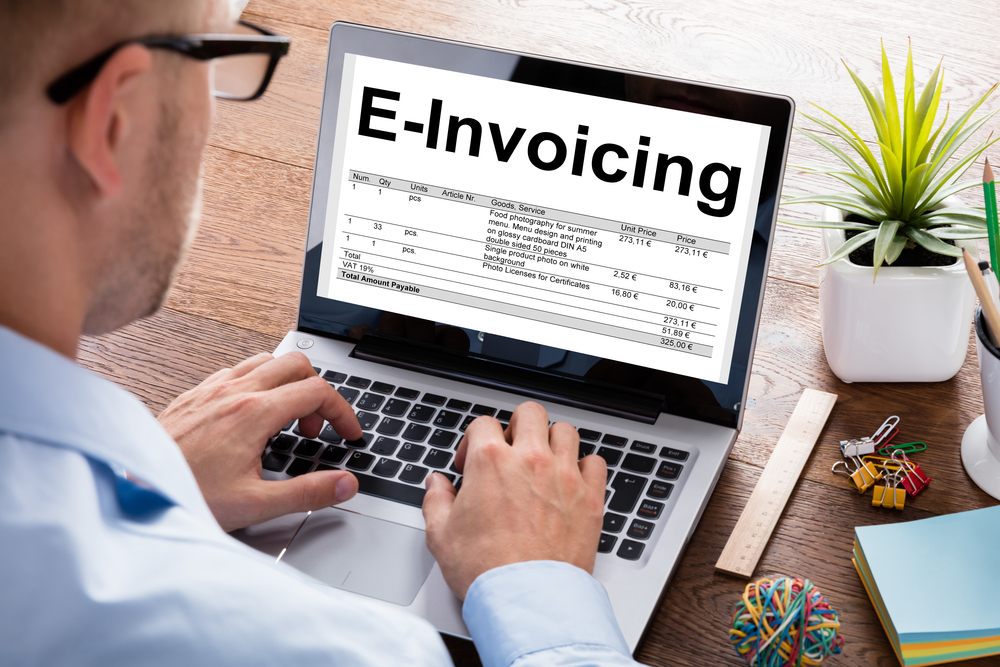Investing in ERP During Economic uncertainy: How to Justify the Cost?

As businesses navigate through the precarious waters of economic uncertainty, the decision to invest in an Enterprise Resource Planning (ERP) system can seem daunting. The initial costs associated with implementing a new ERP system can be substantial, and in a time when financial conservation is a priority, justification for such an investment requires a clear demonstration of its economic impact.
The Financial Justification of ERP Investment
The justification for investing in an ERP system during economic uncertainty lies in its potential to create efficiencies and drive cost savings over time. A study on the economic impact of Microsoft Dynamics 365 Business Central, conducted by Forrester Consulting, revealed compelling statistics on the basis of which we have constructed a case study:
| Financial Aspect | Company A (Without ERP Upgrade) | Company B (With ERP Upgrade) | Explanation |
| Increase in Productivity | 0% | 18% | Company B’s staff experienced increased productivity due to the ERP upgrade. |
| Return on Investment (ROI) | -10% | 172% | Company B realized a significant ROI due to the new ERP’s efficiencies, unlike Company A. |
| Net Present Value (NPV) over 3 Years | $50,000 | $306,000 | Company B saw a much higher NPV over three years thanks to the ERP upgrade. |
| Cost Savings (Avoided Legacy ERP Costs) | $0 | $50,600 | Company B saved costs by avoiding legacy ERP and third-party fees. |
| Revenue Growth | 1% | 15% | Company B experienced a significant revenue growth due to improved operational efficiency. |
| Customer Satisfaction Rate | Decreased by 5% | Increased by 20% | The efficient new ERP system in Company B led to higher customer satisfaction. |
| Inventory Management Efficiency | Reduced by 10% | Improved by 25% | Company B’s enhanced ERP system optimized inventory management. |
| Order Processing Time | Increased by 15% | Reduced by 30% | Company B’s new ERP streamlined order processing, unlike Company A’s legacy system. |
| Compliance and Risk Management Efficiency | Low | High | Company B benefited from better compliance and risk management with the new ERP. |
| IT Maintenance Costs | Increased by $20,000 | Reduced by $15,000 | Company B reduced IT maintenance costs due to the more efficient ERP system. |
Streamlining Operations and Reducing Costs
An ERP system consolidates various processes and data into a single, integrated platform, reducing the time and effort required for data entry, reporting, and reconciliation. The aforementioned study highlighted that by deploying Business Central, companies could avoid hiring additional personnel amid organizational growth, thereby reducing labour costs. Moreover, with the automation capabilities of an ERP, companies could manage additional revenue streams without proportionally increasing their workforce.
Driving Business Agility
In today’s fast-paced business environment, agility is key. ERP systems enable businesses to quickly adapt to market changes and manage resources more effectively. By providing real-time data and analytics, ERPs facilitate informed decision-making, allowing businesses to respond rapidly to opportunities and threats.
Long-Term Investment with Consistent Gains
While the upfront cost of an ERP system may be considerable, the investment pays off quickly. The study found that the payback period for the investment in Business Central was just 7 months. After this period, businesses not only recouped their initial investment but also began to realise additional economic benefits.
Conclusion
Investing in an ERP system during economic uncertainty can seem counterintuitive. However, the economic benefits – from improved productivity and cost savings to enhanced decision-making and business agility – present a compelling case. An ERP system is not just an operational expense; it’s a strategic investment that can yield substantial returns even in the most challenging economic climates.
For businesses looking to maintain competitive advantage and position themselves for growth, the cost of investing in an ERP system can be justified not just in its potential to cut costs and improve efficiency, but also in its ability to facilitate a more resilient and agile business model.
About Stratus Consulting Group
Stratus Consulting Group has built a solid reputation over the past 20 years as experts in ERP implementation. Our leadership team has been integral to the MYOB Advanced journey since the very start. Beyond MYOB, we’ve established strong partnerships with other ERP providers like Epicor, Wiise, and Microsoft Business Central, enabling us to offer a diverse selection of ERP solutions to our clients.
Our seasoned team brings a wealth of experience to the table, positioning us not just as suppliers but as dedicated consultants. We take a considered approach to help our clients choose the right ERP system that meets their business’s specific needs while ensuring a cost-effective and efficient implementation process.
At Stratus Consulting Group, our focus is on delivering an ERP implementation that enhances your business operations comprehensively. We’re here to help you streamline your processes, increase your operational efficiency, and achieve a tangible improvement in your organizational performance.
You May Also Like
These Related Stories

How To Customise An Invoice Template In MYOB Exo













No Comments Yet
Let us know what you think